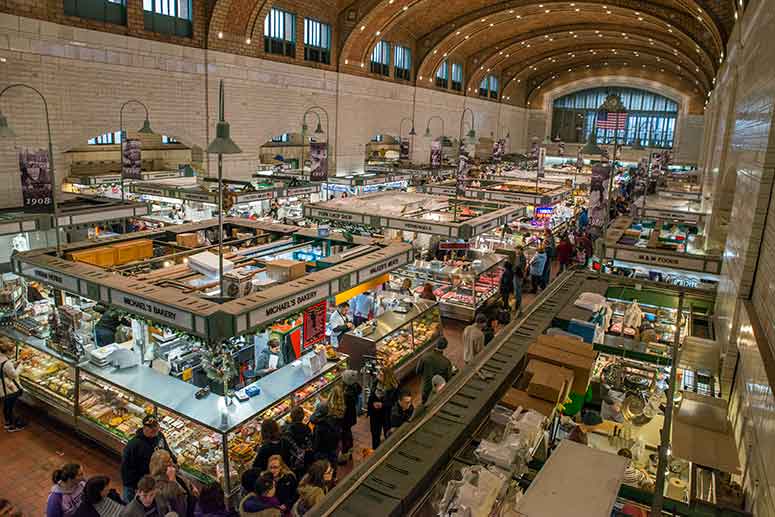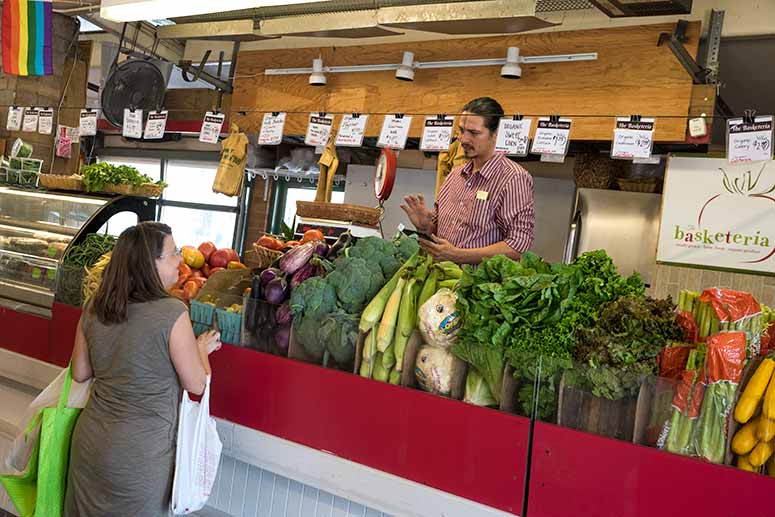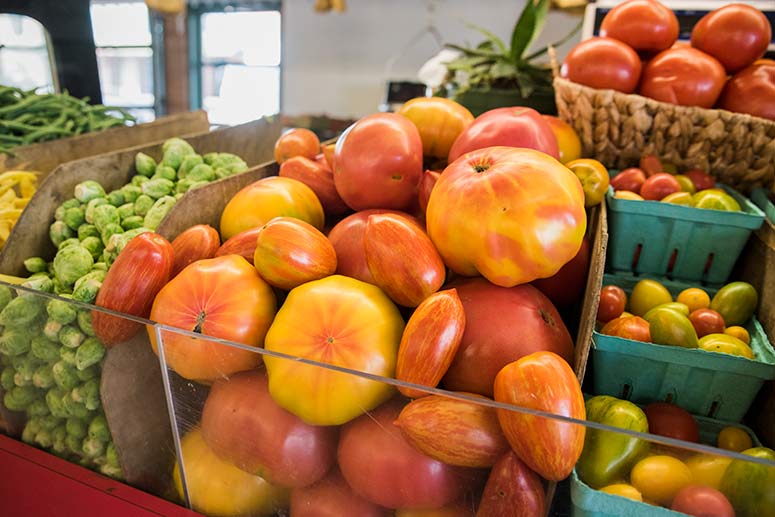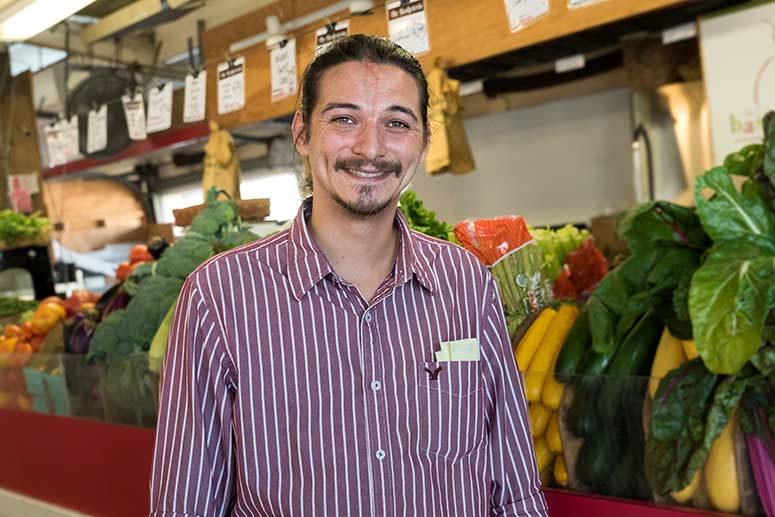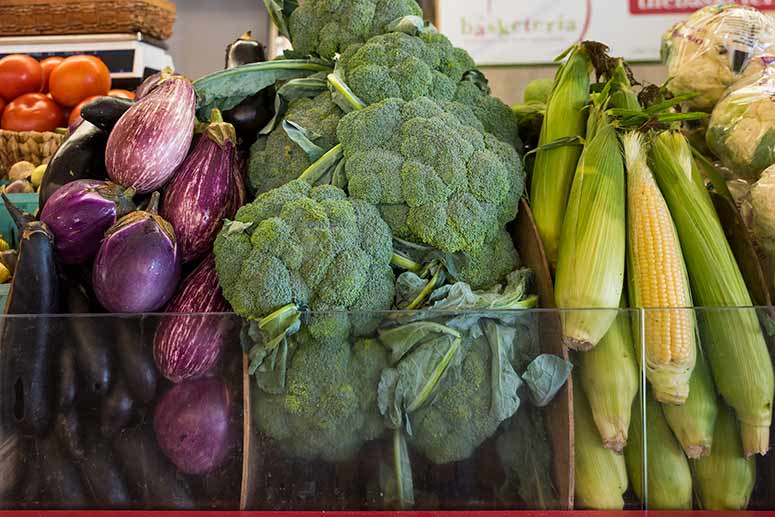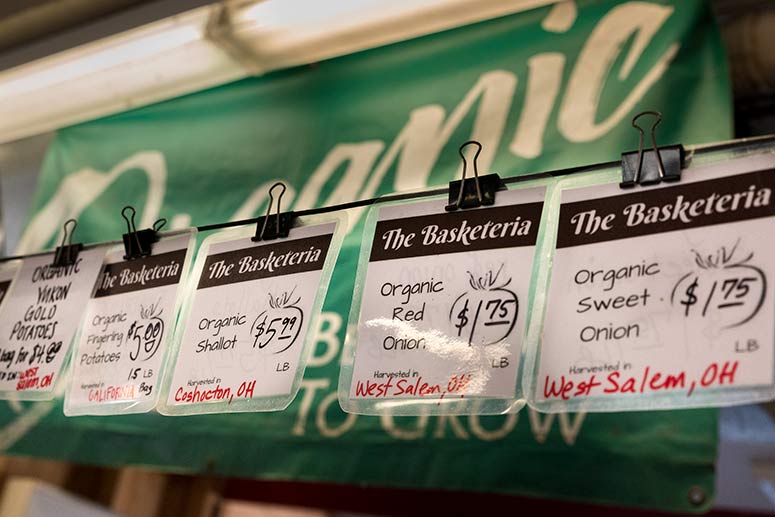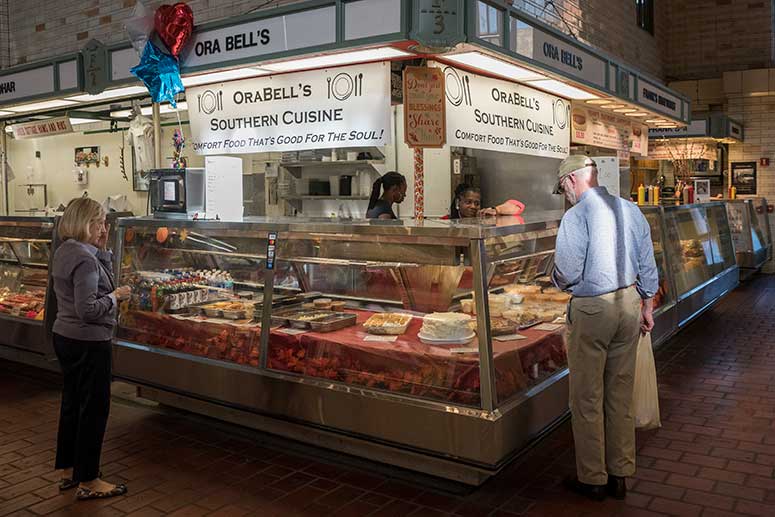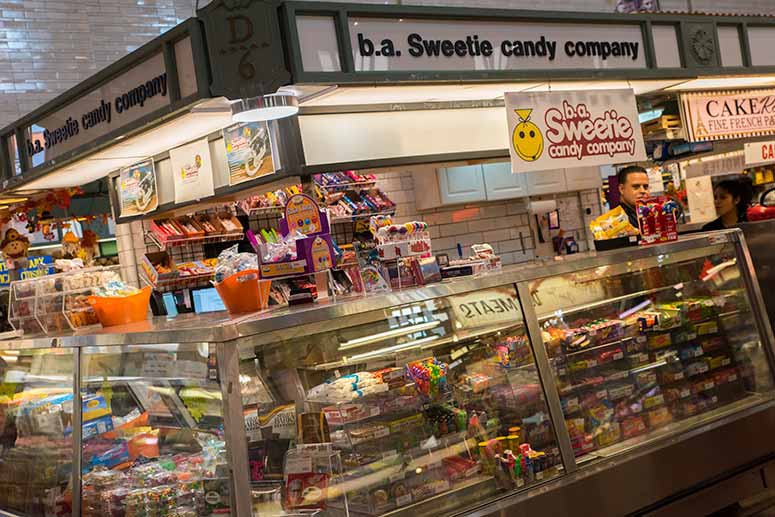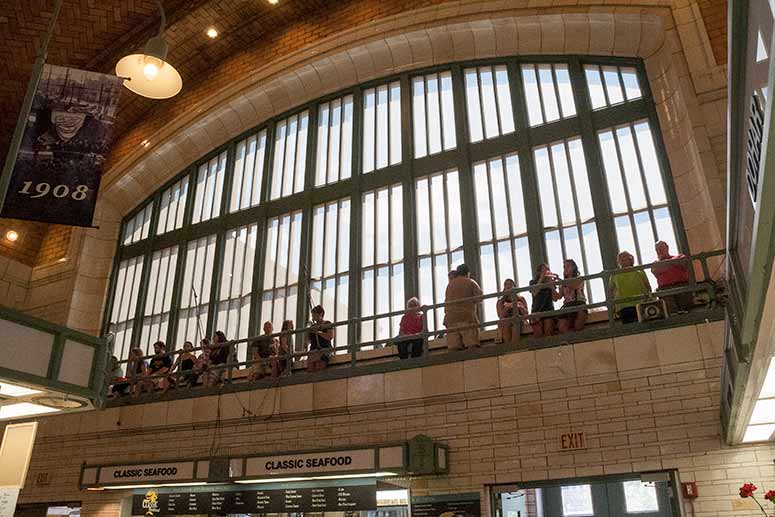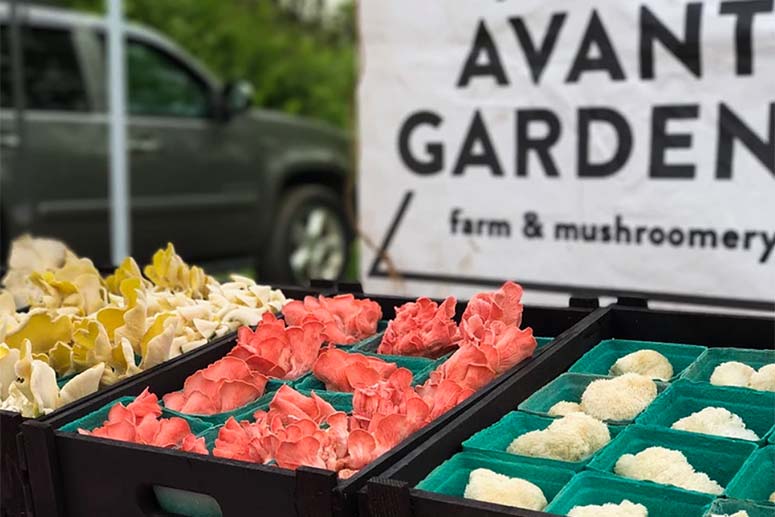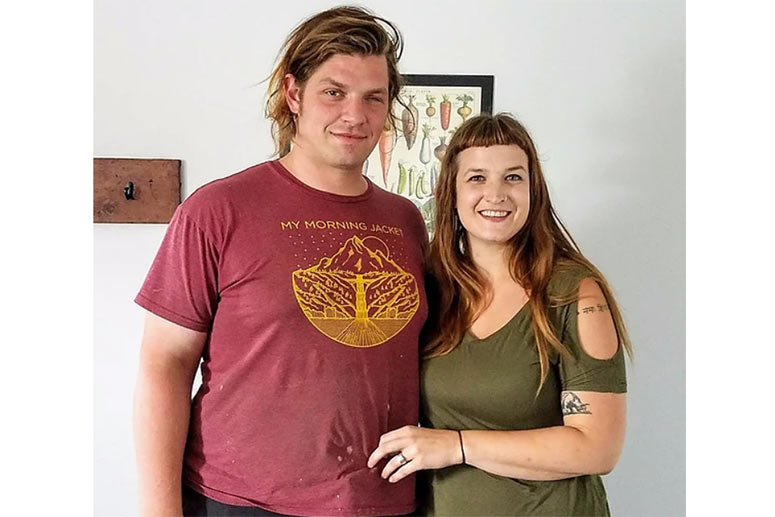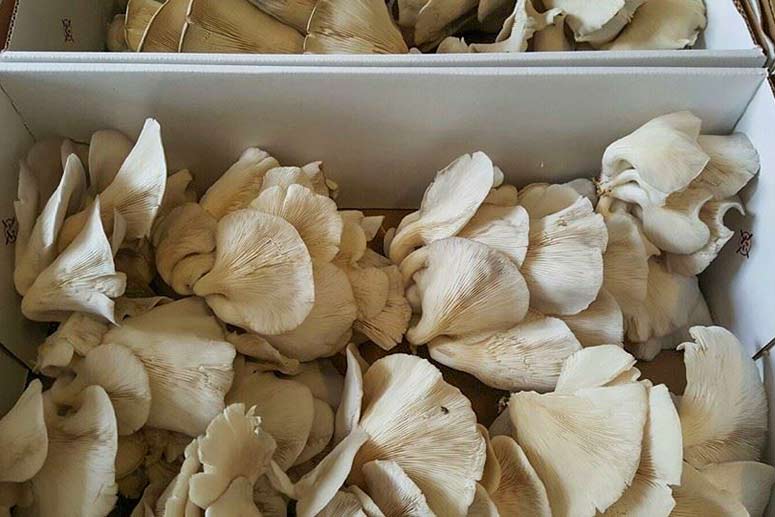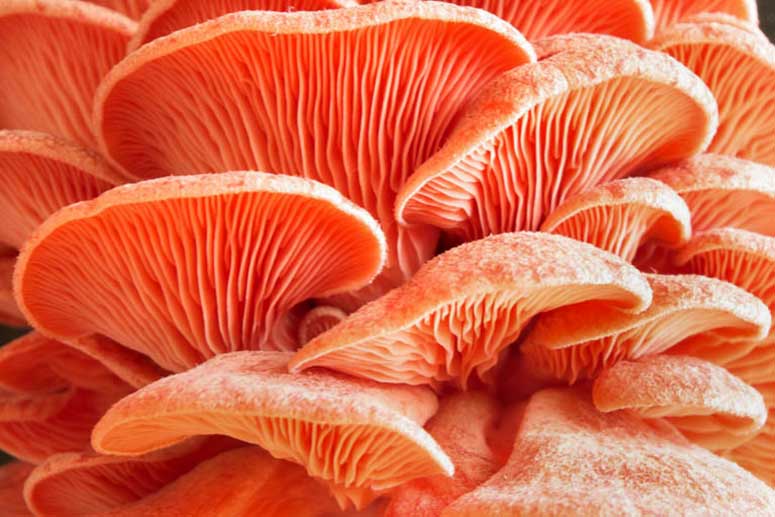West side story: The West Side Market enters a new era at 94 percent occupancy
Cleveland’s most notable food institution is enjoying a renaissance. In mid-September, the West Side Market welcomed eight new retailers, bringing the market to 94 percent occupancy. That’s just the latest in a string of changes at the 104-year-old market in recent years. These changes have created benefits and challenges alike for the market’s vendors and the diverse customer base they serve.
Among the Market's new retail faces are Ora Bell's, the Market's first African-American family-owned business, and candy shop B.A. Sweetie, which is opening its first off-site location in Northeast Ohio in over 25 years. Also new on the block are Lakewood Plant, Piccadilly Creamery, Matthew Produce, English Treats, Avant Gardens, and Prince Produce.
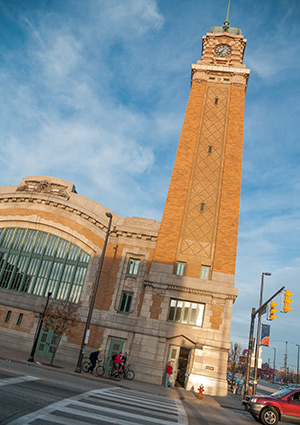
Meanwhile, established retailers are enjoying a burst of energy from these new additions. Case in point: Greg Shuck, who owns The Basketeria—a completely organic produce stand situated in the center of the arcade. Shuck essentially grew up at the market alongside his father, who has owned four different stands over the last 47 years.
Several years ago, Shuck was living in Washington, D.C. when his father called to say that he was purchasing a new stand and asked if Greg would move home to help him get the business running. Shuck agreed, and together, the two opened Greg’s Produce.
Then, in mid-2016, Shuck was presented with the opportunity to open his own stand when the original owners of The Basketeria moved on. Since assuming ownership, Shuck has implemented several new ideas, centered on his mission to bring fresh, high-quality produce into the city and educate customers about its benefits. For instance, an order-for-pickup option is currently available, and soon, home delivery and Community Supported Agriculture (CSA) options will be in the mix.
Shuck has a lot of praise for the market’s management. “There was a period where we went through two managers in two years, and most of the time, we didn’t have one at all,” he says. “Now we’ve had a manager in place for about two years, and things really seem to be picking up pace. We’re seeing progress month after month and quarter after quarter, and I think part of that is people getting excited about the market again.”
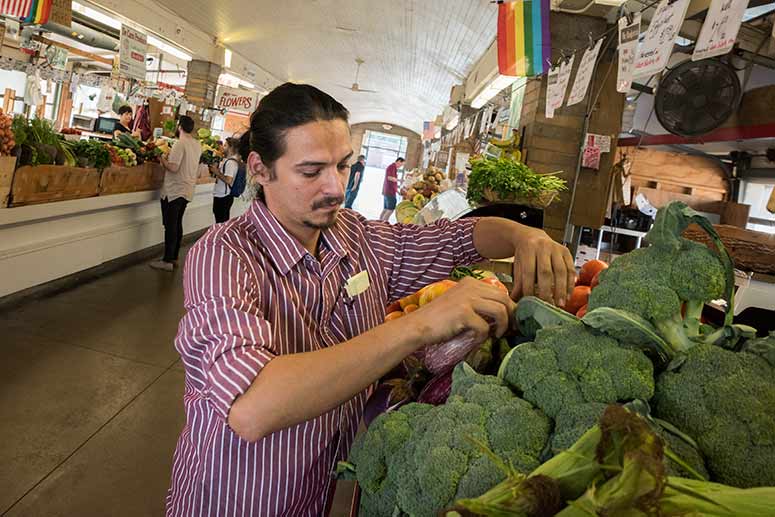 Greg Shuck owner of The Basketeria
Greg Shuck owner of The Basketeria
That manager is Felicia Hall. Since taking on the role in August 2015, Hall has gone on an improvement spree—renovating and expanding the parking lot and doing some much-needed cleaning and repairs.
“My focus has been on building communication and a culture of transparency with our vendors to really foster relationships and growth,” says Hall. “I want to empower our vendors to help me understand what has happened here over the years and what they anticipate will work here going forward.”
However, progress has come with some challenges. Thanks to local and national media attention, the market is becoming an increasingly popular tourist destination. Many shoppers stroll through to admire the market, but don’t spend a lot of money purchasing goods. Meanwhile, some regular shoppers have begun to shy away, citing heavy crowds and a lack of parking as deterrents.
“The crowds are mostly tourists, and I understand that the vendors prefer shoppers because that’s their livelihood,” says Hall. “At the same time, tourism is part of being a historic landmark and an educator. I welcome tourists because they could become shoppers. If they don’t become shoppers, they may send shoppers our way.”
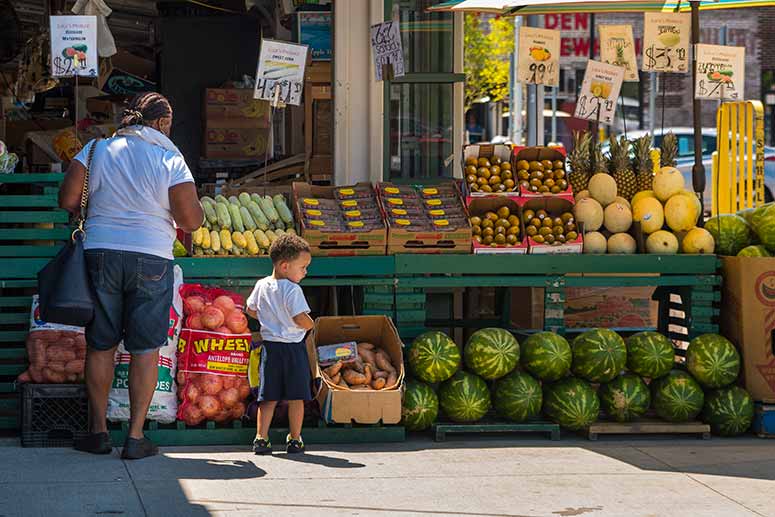
Additionally, plans are in place to do second-floor renovations to help maximize the available space. That includes building a small museum and a state-of-the-art culinary kitchen that will offer a place to sit, as well as offer educational opportunities, host celebrity chefs, and spotlight the talents of vendors.
Shuck is also optimistic. After working closely with a number of new and established vendors, he feels that this type of partnership will be the key to the market’s ongoing success. “Part of what I think had been lost in the market for a number of years is uniqueness in selection, and that’s really starting to come back,” he says. “People are specializing and bringing in artisan goods, which allows us to offer our customers unique products without being in direct competition with one another.”
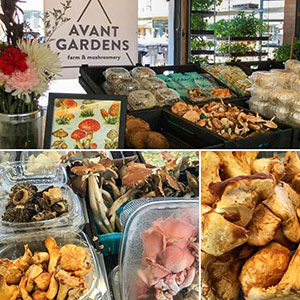
For instance, Shuck has been working with Corey Maizel of Avant Gardens. Maizel and his wife own a mushroom farm based out of Youngstown and also farm produce in Pennsylvania. “For us,” he says, “the market is great because we produce multiple varieties of mushrooms 12 months a year, so it gives us a constant outlet for these goods. It’s also great to have a presence in the city of Cleveland, and we really support what the market is starting to do with more specialty vendors and high quality product.”
Avant Gardens, which officially opened in June, will also be opening a new retail space in October to offer international produce such as French truffles and Italian lemons. Maizel’s is just one of several businesses that are expanding. Others include Rooted in Cleveland, Maple Valley Sugar Bush, Grandma Campbell, and Narrin International.
Ultimately, Hall says she envisions the market as a hub that responds to everything the community wants and needs, while also being an educational resource for healthy eating and cooking. “This culture of collaboration between management and the vendors is something new,” she says. “It’s amazing how well we work together and what we can accomplish as a team. Relationships are key on all sides, and that’s what it’ll take for the West Side Market to truly thrive.”

